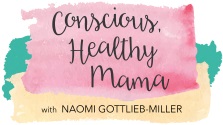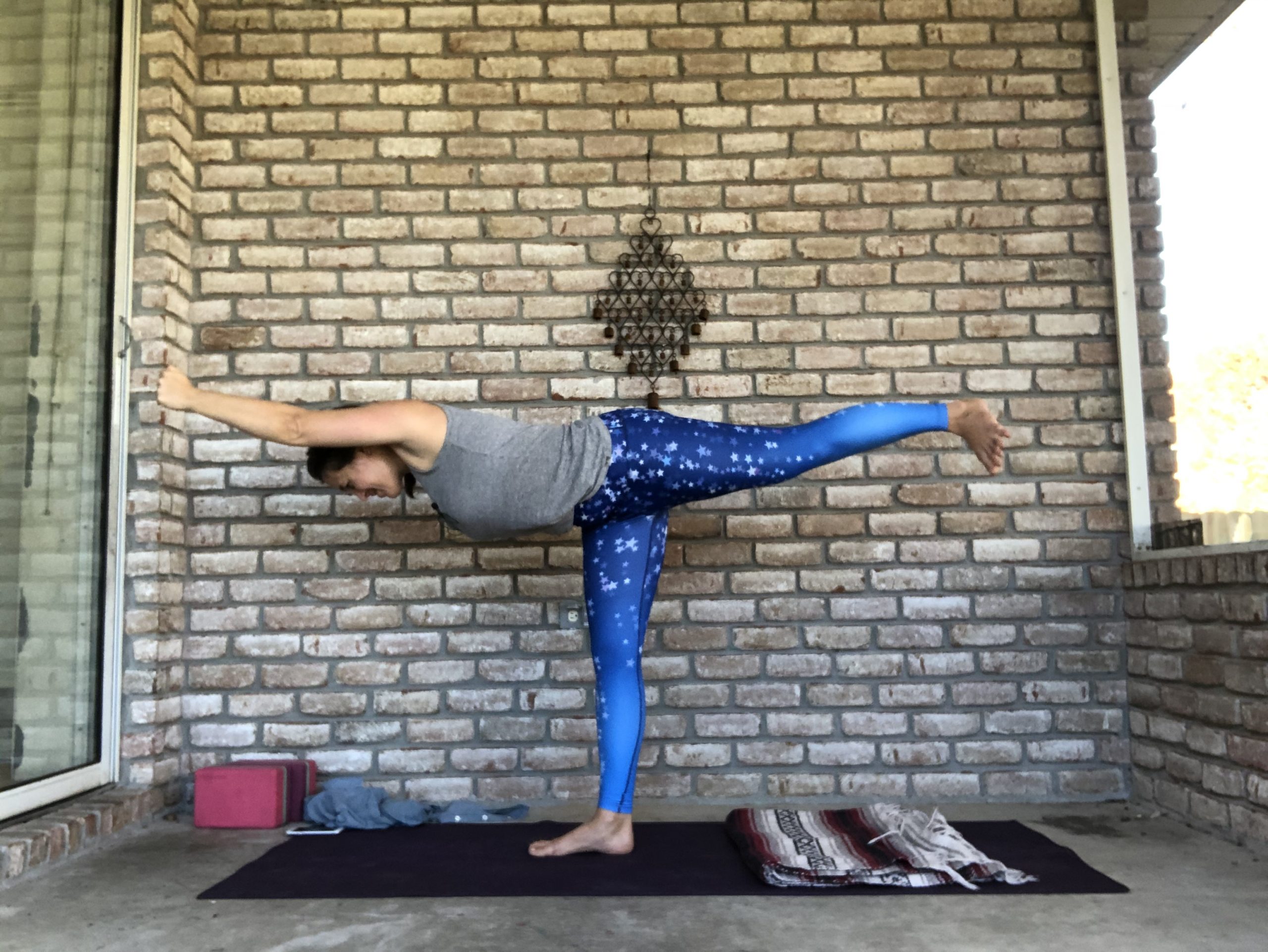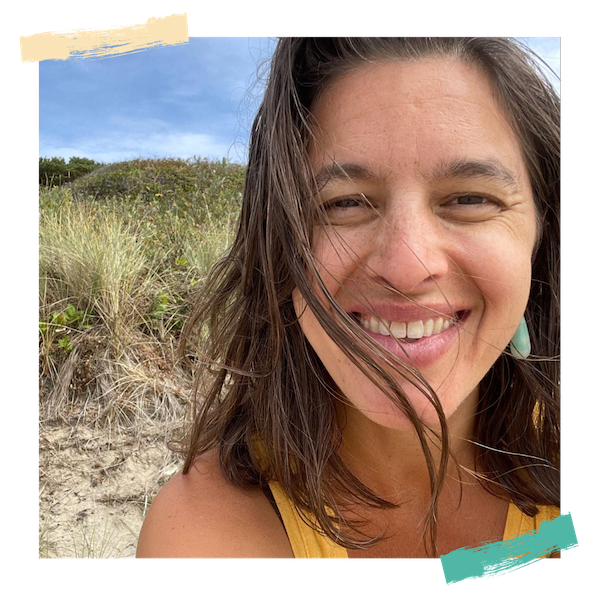I stopped setting New Year’s resolutions a long time ago.
Although I don’t remember when I stopped, I do remember it felt like I’d lifted a huge weight from my shoulders.
And I haven’t looked back since.
I’ve also managed to create several powerful, effective, life changing habits in the past decade. These habits have survived 3 kids, 3 cross-country moves, and several months of solo parenting. Or they’ve grown and adjusted with me as different shifts occurred in my life.
Either way, these are habits that don’t come and go with each year.
They last.
They grow.
And they get better.
I totally understand why January 1st seems like the absolute best time to set goals or “resolutions” that you wish to fulfill in the year ahead. You think, “ok, new year, new me. Last year was a shitshow. This year will be different. Starting on the first day of the year, everything will be different. Brand new habits; brand new me.”
All of that is built on flawed logic. The date itself not the most important part of habit setting.
Instead, there are 5 things you need to understand before you begin a new habit.
What you want to achieve has to be meaningful to you.
If it’s not meaningful to you, nothing will change. You have to be connected to the habit you want to adopt. Often you think you want a certain thing because it seems like a good habit to adopt or a toxic practice to be rid of. I once worked with someone who said she wanted to do yoga every morning when she woke up. But after a few weeks of trying, she still wasn’t doing yoga first thing, no matter what she tried.
Turned out she actually didn’t want to do yoga in morning. She wanted to be outside, walking or working in her garden.
She started building that into her morning instead and was more successful with this habit because it was more REAL and more meaningful to her than the idea she had of yoga every morning.
What you want to achieve has to be simple and clear.
You tend to get really big vision at the beginning of the year. In fact you might get so big vision that you miss the small steps along the way. Plus, you might get wrapped up in the distractions of what could be. Having a big vision is great, but without small stepping stones to get you across a stream, you’ll get carried away by the current instead.
Here’s another perspective from Ayurveda:
January or mid-winter is data season. Vata is composed of air and space, so it’s a time when you have the tendency to project yourself pretty far forward mentally. You can imagine the year ahead. The problem with projecting too far ahead is that it can disconnect you from where you are right now. And even more, that big, expansive data energy can help you get lost in the complexities of the ideas instead of staying rooted in the simple, actionable steps you need to take.
This is really a season that requires a lot of reconnecting inward so that when you do project forward and outward, it’s coming from a grounded place.
What you want to achieve has to align with your values and priorities.
This is somewhat similar to the idea that a habit needs to be meaningful to you, but takes it a step further. Here’s an example: if you place a higher value on spending time with your kids than you do for spending time on your yoga mat, the kids will win every time.
There’s nothing wrong with that, if your priority is to spend time with your kids and not on your yoga mat.
But if you blame your kids for you not being able to spend time on your yoga mat, your values and priorities might not be what you think they are.
What you want to achieve has to have some flexibility.
The problem with a lot of resolutions is that they are very rigid. “I won’t eat any sugar” or “I won’t work after dinner,” as examples, are very clear and also very strict.
When you want to establish a new habit, there has to be some wiggle room. Mostly this gives you room to do the habit imperfectly at first until you feel more consistent and steady with it.
So it might be, “I will eat my dessert first” or “I’ll have a few bites and see how my body feels.”
That’s not a direct example for the sugar, but it’s what I would do if I was looking to consume less sugar.
Another approach is the one I take to adding in meditation:
Instead of saying, I want to meditate 30 minutes everyday, I give myself a range as I build up my meditation muscle. I might start with 2-5 minutes. Then expand the range to 2-7 minutes, slowly increasing to get closer to my intended goal.
What you want to achieve has to align with feelings rather than accomplishments.
This is a big one. A lot of people focus on the intended goal or accomplishment without taking into consideration how you actually want to feel. This means you spend a lot of time chasing accomplishments without really digging into the core feeling you want to have.
If you figure out how you want to feel, you might discover that the habits you want to create look a little different than you expected.
So are you sold on this new approach to habits? Let me know in the comments below!



